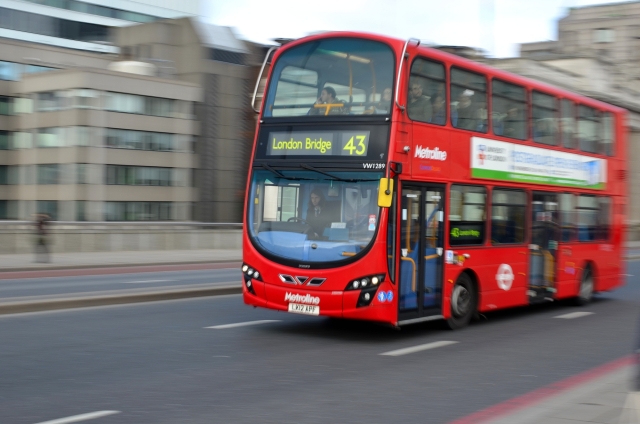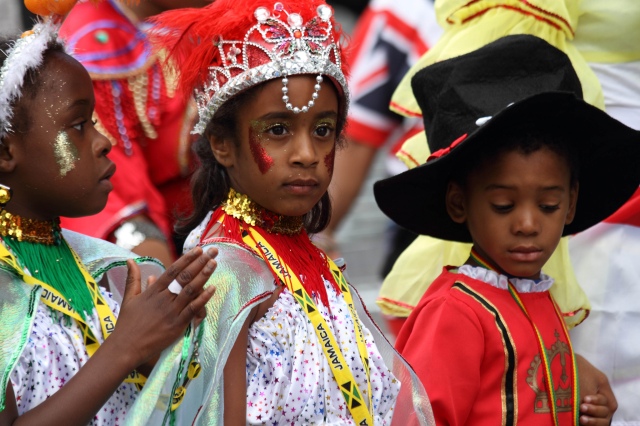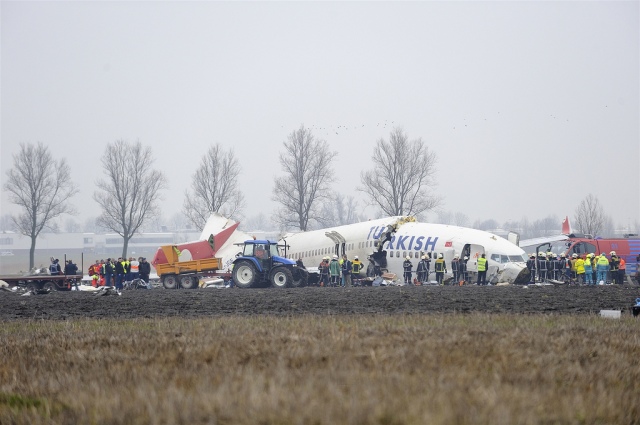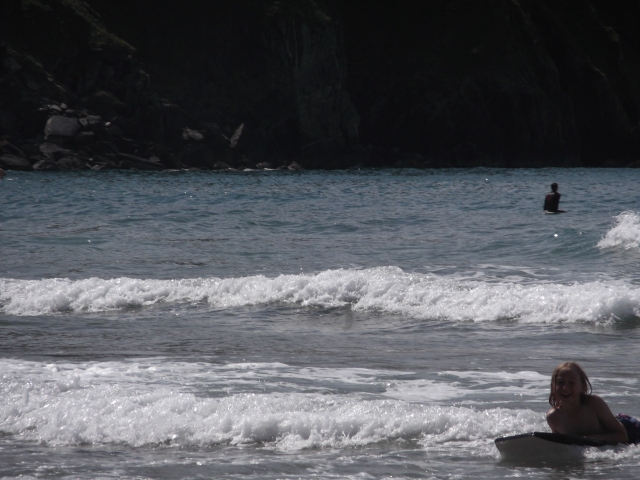The question of whether it’s good for a child to take them to live overseas is one that has vexed many writers and caused many an argument in expat groups over the years. I have written about it myself and am of the view that while every child and every situation is different, overall the jury is still out on this issue.
But one thing I can say is that there are many hidden costs for our children to this life – especially when it comes to preteens and teenagers. Hidden costs that aren’t necessarily deal-breakers, but that can have an effect on the kids and should be taken into consideration. Some of these things are the reasons why people move home or even send their children to board at home if they don’t have the chance to move.
What sort of thing am I talking about? Well, the sort of thing that most kids their age (I am talking really about the 11-18 age group here) simply take for granted: being able to walk to a friend’s house, riding their bike safely in the street, going to the cinema alone and yes, riding a public bus.
Before I go on I should say that I am mainly talking about children from so-called “Western” countries living in so-called “developing world” countries, or other places where hopping on your local bus isn’t really an everyday occurence. I realise this is not every expat and that even some “developing” world countries are as safe as houses so this info doesn’t apply to all. Take what you will and chuck the rest!
So, what about those of us who DO live in a country where it probably isn’t advisable for a child to even walk round the corner to their friend’s house? Well in all honesty this is one of the reasons why I’m looking forward to returning soon to our home country.
There are so many advantages of living in a country like South Africa but personal safety isn’t one of them. We are lucky and our house is just round the corner from a large shopping mall which includes several large supermarkets. Even so, while I am happy walking round there in the daylight, I would never allow my daughters (aged 11 and 9) to go there on their own. Some may say this is paranoid, after all, you see very small children wondering around alone all over the place here (including very close to very busy roads).
But when you look at the crime stats you realise that, paranoia or not, it’s always better to err on the side of caution.
At her age, back in the UK, my eldest daughter would probably not only be walking to her friends’ houses on her own but taking the bus into town and “hanging around the shops” or whatever it is youngsters do these days. Here, the only public transport we use (apart from planes) is Uber. And I wouldn’t feel comfortable putting her into a car on her own with a stranger, Uber driver or not.
As for bikes, any cycling we do is all under controlled conditions – on specific trails with good security generally. Biking alone on the city roads brings with it double danger – stranger danger as well as road traffic danger. Again, one look at the appalling statistics for road deaths and you know I am not being over-cautious.
So while all her contemporaries are starting to gain their freedom, getting out and about with their friends, learning how to be responsible and look after themselves, she is stuck with me organising everything for her, driving her everywhere or arranging lifts, and condemning her to living as an Elementary-school aged child for years to come. It’s tough.
Leaving my children alone at home is also fraught with difficulties. Although we live in a secure house on a secure compound, there are things to think about here that wouldn’t be part of our lives at all back home. What if the electric fence alarm goes off? Do we lock them in for safety’s sake or leave them an easy way to get out in an emergency? And what if – heaven forbid – someone did break in while they were at home on their own? Not only that but dealing with emergencies isn’t quite as straightforward as it is in our home country of the UK. Were one of the children to fall down our very hard, uncarpeted stairs and need to get to A & E it wouldn’t be a case of simply dialling 999 and waiting for the ambulance to turn up. No, it’s all a little more complicated here and I barely trust myself to work it out let alone a couple of pre-teens.
So all in all, living here does without a doubt curtail their freedom. They are still at the age, and we are still at the stage, where it isn’t really a biggie. They’ll both catch up pretty quickly when we get home, just like they will (I hope!) with their maths and spelling.
But with every year that passes I fear they will feel this slightly strange, boxed off life more and more. We all know there are many, many compensations of living here but there does come a point where you have to weigh everything up and decide whether it’s still working for all the family.
We will be back in the UK (semi?) permanently from July, where I intend my children will start living their lives to the full by taking themselves off places alone, using the local bus service, getting trains on their own and doing normal, ordinary things that they can’t here like going to the cinema without an accompanying adult. I know they will miss many things about South Africa, as we all will. But giving up their freedom won’t be one of them.
Photos: Big Red Bus – Tim Spouge, Girls with popcorn – Kymberly Janisch













